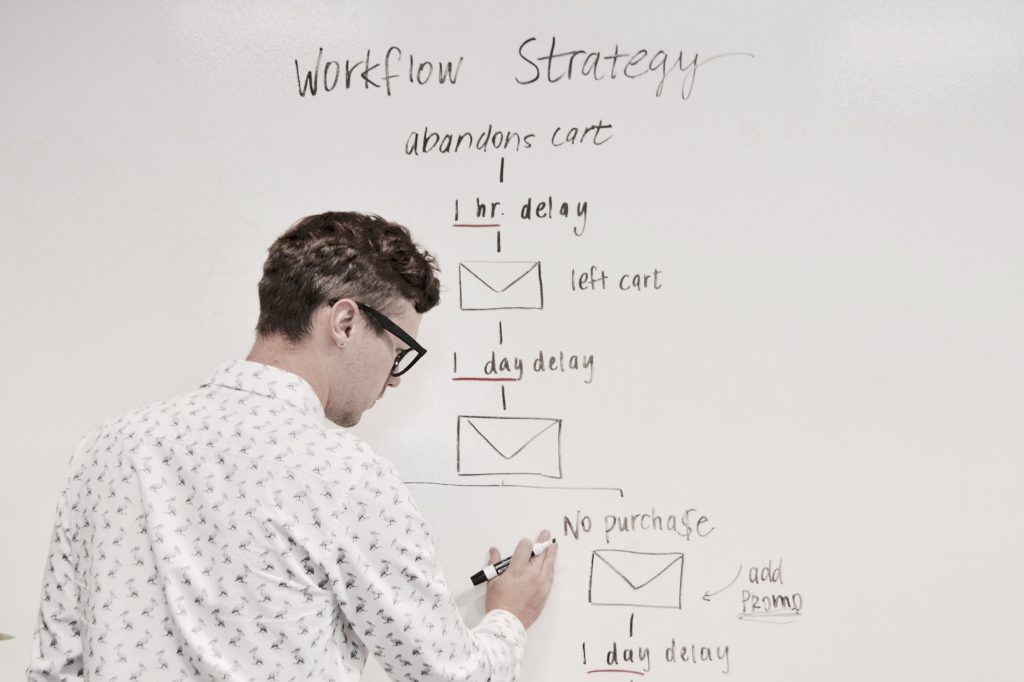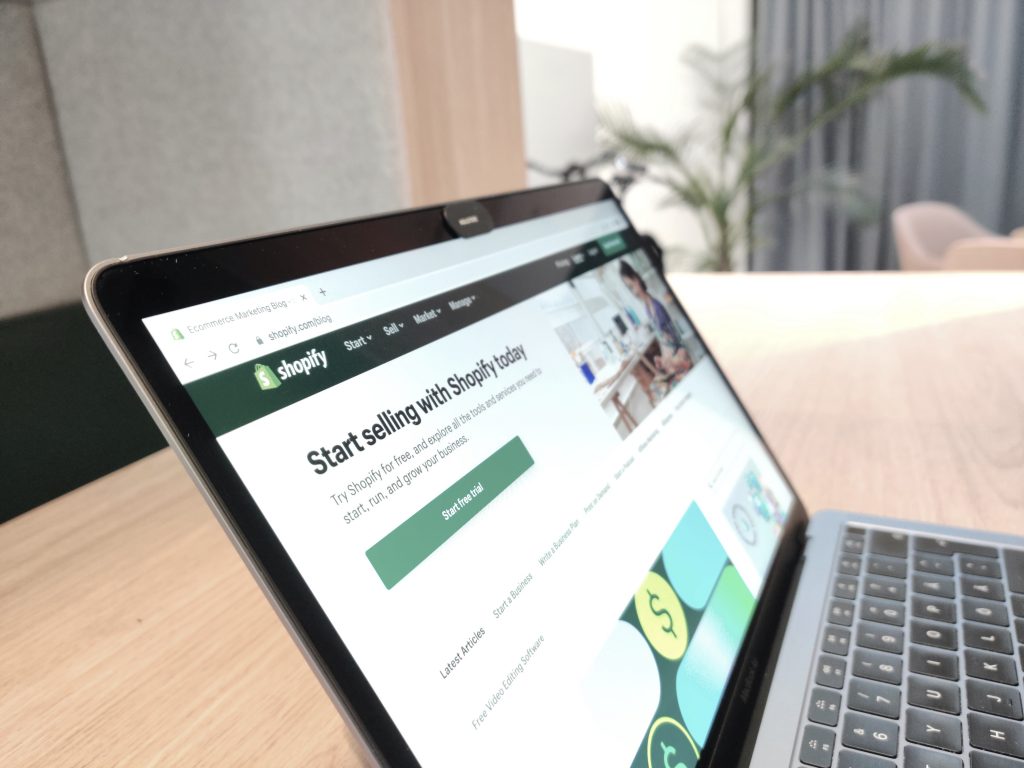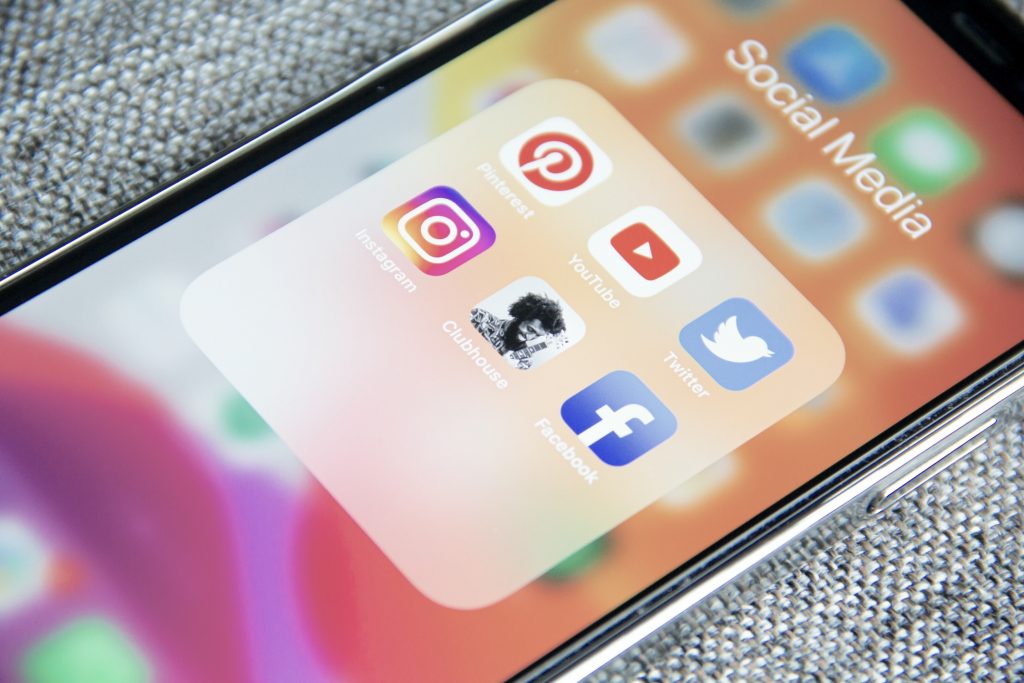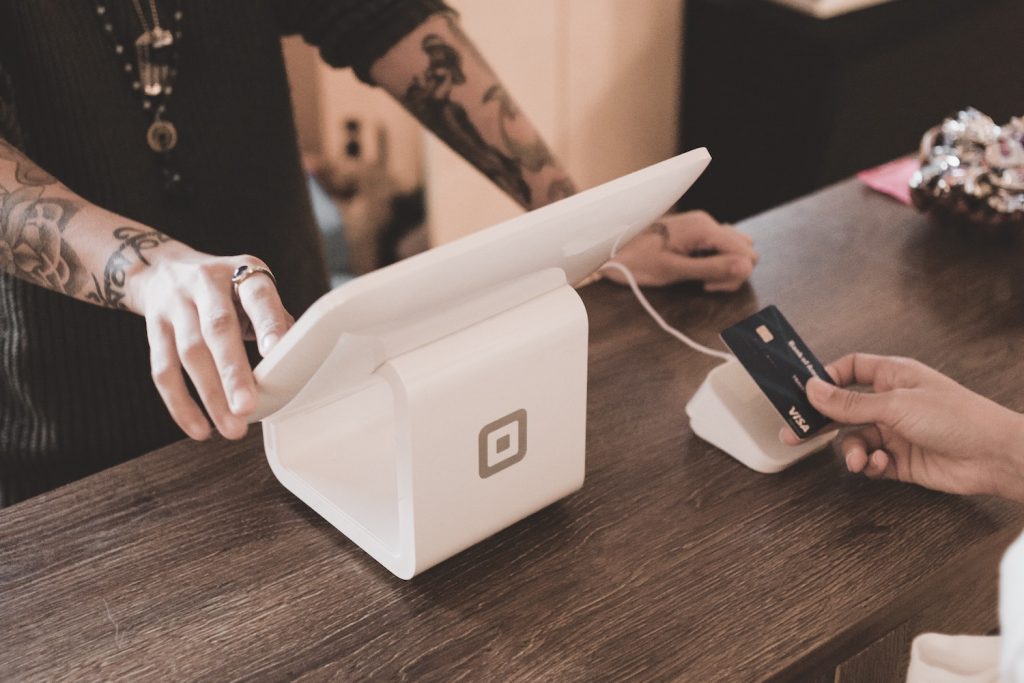Trying to make a living as an independent musician can be a daunting task. With Spotify streams paying less than .01c, it does not make sense to focus all the promotional efforts on obtaining more streams. Instead, building a genuine fan base is the most logical approach, because an engaged fan base will support an artist’s career financially by taking up sales offers and purchasing tickets to live shows. Building an audience should be the primary focus, and finding the most cost effective way to do this will ensure that artist’s grow their careers sustainably.
By understanding the customer journey, or in this case the journey a fan takes from discovery through to purchase, independent musicians can tailor their marketing strategies to meet the needs and preferences of fans at each stage, ultimately building a strong and dedicated fan base that drives success.
This fan journey, which we will refer to here as the fan formula, is important to understand because using the right marketing techniques, we can manipulate and accelerate each stage of the journey to optimise fan engagement. Digital advertising is a staple for building a fan base because it provides direct contact with the audience without any ‘middleman’; and provides access to important data, which can inform future marketing choices. This is why digital advertising is one of the most powerful and effective strategies for music promotion.
In this blog post, we’ll explore the various ways to use music marketing to grow a fan base as an independent artist and build a successful music career. Some of the topics covered will include email marketing, ecommerce for a music website, leveraging social media to engage with fans, and using social media advertising to find new fans. By implementing these strategies and understanding the fan formula, independent musicians can take their career to the next level and achieve success on their own terms.
The Fan Formula

For independent musicians, having a formula to effectively find and connect with fans and cultivate a loyal following is crucial to having a successful career. This formula outlines the journey a fan takes from discovering a new artist to becoming a passionate superfan and customer. By leveraging digital advertising to find new fans, engaging with the audience, funnelling them onto an email list, and ultimately selling products, independent musicians can maximise their reach, build a dedicated fan base, and make a living from their career.
The first phase of the fan formula begins with discovering new potential fans through targeted digital advertising. Platforms like Meta and Google provide powerful advertising tools with precise targeting options, allowing artists to reach people who are most likely to be interested in their unique artistry. By carefully defining audience demographics, interests, and behaviours, independent musicians can create effective ad campaigns that capture the attention of potential fans.
Once the initial connection is established, the next phase involves engaging with the audience and enticing them to join the artist’s email list. Social media platforms serve as valuable tools to interact with fans in real-time, share compelling content, and build a sense of community. Artists can create engaging posts, share behind-the-scenes insights, host live sessions, and run contests to foster a deeper connection with their audience. Through these interactions, artists can encourage fans to sign up for their email list, offering exclusive content or special incentives as a way to provide added value and nurture the relationship.
Building an email list is a pivotal step in the fan formula. It provides a direct and personal channel to communicate with fans outside of social media platforms. With an engaged email list, independent musicians can regularly update fans on their latest releases, upcoming shows, merchandise offerings, and exclusive content. Using automated sequences in email marketing allows artists to nurture their audience by delivering personalised messages based on fan interests and behaviours. By providing valuable content, including sneak peeks, music previews, and exclusive discounts, musicians can strengthen the connection with their fans and create a sense of exclusivity.
The final phase of the Fan Formula focuses on converting fans into customers through strategic product sales. Artists can offer various products, including digital music downloads, physical merchandise, limited-edition items, concert tickets, and exclusive experiences. By strategically promoting these products to their email list and social media followers, artists can create a sense of urgency and exclusivity. They can leverage scarcity by offering limited quantities or time-limited sales, enticing fans to make a purchase and support their career. Additionally, artists can leverage the power of bundling and special deals to incentivise larger purchases and increase revenue.
When utilising the fan formula to build a fan base, it’s essential for independent musicians to continuously analyse and refine their strategies. By tracking engagement metrics, email open rates, click-through rates, and conversion rates, artists can gain insights into what resonates with their fans and make data-driven decisions to optimise their marketing efforts.
The fan formula is not a linear process, and each fan’s journey may vary. However, by leveraging digital advertising to find potential fans, engaging with the audience, enticing them onto their email list, and strategically selling products, independent musicians can effectively find the right audience, build relationships with them which fosters a sense of loyalty, and ultimately monetise their career. It’s not rocket science, but few independent musicians are taking this approach and as a result, are not achieving the benefits that would be available to them if they did.
Using Digital Marketing to Find New Fans

While social media is widely accepted to be a great way for independent musicians to engage with existing fans, it can also be a powerful tool for finding new ones. By leveraging social media advertising, it’s possible to target users who are likely to be interested in their music and grow their audience.
To get started with social media advertising, an account needs to be created with the relevant platform and a budget for the ad campaigns needs to be set. Next, the target audience needs to be identified based on factors like age, location, interests, and behaviours. Platforms like Facebook, Instagram, and Twitter offer precise targeting features. By defining the target audience and utilising these targeting options, it’s possible to ensure that the ads are seen by the right people, increasing the chances of attracting engaged fans.
When creating ad campaigns, it’s important to use eye-catching visuals and compelling copy that will grab the attention of the audience. As new fans are guided through stages of the fan journey using the fan formula, at some point a clear call to action can be introduced, directing users to follow a streaming profile or social pages, or sign up to a newsletter.
To make ads more effective, it’s important to create content that doesn’t appear overly promotional. Users are more likely to engage with content that feels organic and authentic, rather than a traditional ad. Therefore, it’s best to create content that blends seamlessly with the organic posts users see on their feeds. This can be achieved by creating visual content filmed in a familiar setting and using compelling storytelling and relatable messaging that resonates with the target audience.
Optimising ads with relevant keywords is also beneficial. This involves conducting keyword research to identify the terms and phrases that the target audience is likely to search for. The keywords are then incorporated into the ad copy, headlines, and descriptions to improve visibility and attract users who are actively seeking similar music.
Regularly monitor the performance of ads and make adjustments as needed. Analyse key metrics such as ad impressions, click-through rates (CTR), and conversion rates to evaluate the effectiveness of the campaigns. Experiment with different ad formats, visuals, and messaging to identify what resonates best with the target audience. Use the insights gained from monitoring and analysis to optimise your campaigns, allocate budget to top-performing ads, and refine your targeting strategy.
Remember, the goal is to create content that users find valuable and entertaining, rather than intrusive ads. By combining effective targeting options with non-ad-like content, independent musicians can effectively reach their desired audience, increase engagement, and build a dedicated fan base.
Email Marketing for Independent Musicians

Email marketing is a powerful tool and one of the most cost-effective and conversion-rich forms of digital marketing today. It’s an ideal platform for musicians to keep their fans informed about their latest releases, tours, and merchandise, and it’s also an ideal place to provide exclusive content for subscribers. This provides incentive for subscribers to stay on the list.
Email marketing is also an excellent tool for presenting sales offers to an engaged audience. For every $1 you spend on email marketing, you can expect an average return of $38, or up to $70 for top performers (Data & Marketing Association), which is excellent value for money.
According to the Content Marketing Institute, up to 69% of marketers are using email marketing to disseminate their content, which makes it the third most popular content distribution channel behind blogs and websites. Email marketing platforms are also data rich, so it’s easy to track how successful a piece of content is.
Email continues to be the main driver of customer retention and acquisition for small and medium sized businesses. Data specifies that 81% of these businesses still utilise email as their preferred channel for acquiring new customers and 80% utilise it for the retention of customers (Emarsys, 2018). If you recognise that independent musicians and bands can, and should, be classified as small businesses enterprises, then it becomes apparent that this form of marketing is being heavily under-utilised.
To get started with email marketing, you’ll need to build a list of subscribers. There are many ways to do this, but one of the most effective is to offer something of value that fans will receive in exchange for their email address. This could be access to an unreleased song, a discount on merchandise, early access to new releases or exclusive access to a fan club. There are endless possibilities here and the options are limited only by imagination.
A key function of email marketing is the option to build automated sequences. Once you have set up the email list, sequences can be created that send out a series of emails to subscribers at predetermined intervals. For example, you might create a welcome sequence that sends out a series of emails to new subscribers, introducing yourself and your music. You could also create a launch sequence that promotes your latest release, or a re-engagement sequence that targets subscribers who haven’t opened your emails in a while. These sequences serve the function of nurturing and maintaining the list of subscribers.
When creating email sequences, it’s important to keep the audience in mind. Make sure that emails are engaging and provide value to subscribers. Include links to your latest music videos, blog posts, and merchandise pages, as well as calls to action that encourage subscribers to make purchases.
Possibly the greatest asset that email marketing provides is the likelihood of increasing sales and generating revenue. Presenting sales offers to the engaged audience that lives on an email list, is one of the best ways to increase revenue. It’s powerful because it’s personalised. Each person on the list is there because they have made a conscious investment in the career of the artist and this will translate to increased sales.
Build a Music Website with Ecommerce

Your website is the digital equivalent of a physical storefront, serving as the central hub where fans can learn more about you and your music. It’s crucial to create a professional and captivating website that gives a positive impression. To achieve this, it’s crucial to not only have strong artistic identity and branding with high quality assets, but also a focus on designing powerful sales pages that make your products and offerings more appealing.
When developing your website, prioritise user experience by ensuring it is easy to navigate and optimised for mobile devices. Your homepage should feature a clear call to action, guiding visitors to explore your music, videos, and merchandise pages. Additionally, include an engaging ‘about’ page that tells your unique story, allowing fans to connect with your personality and artistic journey.
Creating compelling sales pages is essential for showcasing and promoting your products effectively. A visually appealing layout is important, with attention-grabbing images of your merchandise. Ensure each product is accompanied by detailed descriptions that highlight its features and benefits. Incorporating customer reviews or testimonials can further enhance trust and credibility among your fans.
Remember that your website should provide a seamless and engaging experience for visitors. Regularly update your content, maintain a visually consistent aesthetic, and optimise loading speeds to keep fans engaged and coming back for more. Having a well-designed website with captivating sales pages, is a prerequisite for monetising a career and turning visitors into loyal customers.
When it comes to building the ecommerce functionality of your website, you have a few options to consider, such as using dedicated ecommerce platforms like Shopify or utilising template-based website builders like Squarespace or Wix.
Shopify is a popular ecommerce platform that provides a comprehensive solution for artists looking to sell their music, merchandise, and tickets online. It offers powerful tools and features specifically designed for online stores, making it an excellent choice for independent musicians.

With Shopify, you can easily set up an online store, manage inventory, process payments, and handle shipping and fulfilment. It also integrates seamlessly with various payment gateways, allowing you to offer secure transactions for your fans. Additionally, Shopify offers a range of customisable templates, enabling you to create a visually appealing and professional online store that aligns with your artistic identity.
On the other hand, template-based website builders like Squarespace and Wix provide a user-friendly interface and a wide selection of pre-designed templates. These platforms allow you to build and customise your website without needing advanced coding skills, which makes these sites a more realistic and functional option for indie musicians.
Both Squarespace and Wix offer ecommerce functionality, enabling you to create an online store and sell your music, merchandise, and tickets directly from your website. They provide intuitive interfaces for managing products, setting up payment options, and handling order fulfilment. These platforms also offer responsive designs, ensuring your website looks great on both desktop and mobile devices.
When building your ecommerce functionality, consider the following:
- Design and Branding: Choose a visually appealing template or design that aligns with your brand and showcases your music effectively. Customise the layout, colour schemes, and fonts to create a unique and engaging online store.
- Product Listings: Clearly present your products, whether it’s digital music downloads, physical merchandise, or tickets to shows. Include high quality images, detailed descriptions, pricing information, and any available variations or options.
- Payment Processing: Set up secure payment gateways that allow fans to make purchases easily and securely. Popular options include PayPal, Stripe, and credit card processors. Ensure that the payment process is smooth and seamless for your fans.
- Order Management and Fulfilment: Implement an efficient system for managing orders, tracking inventory, and handling shipping and fulfilment. Keep your fans informed about order status and provide excellent customer service throughout the process.
- Marketing and Promotion: Integrate marketing tools into your website to capture email addresses, promote special offers, and engage with your audience. Consider using pop-ups, exit intent forms, and email sign-up forms strategically to build your email list and nurture relationships with your fans.
Whether you choose Shopify or template-based platforms like Squarespace or Wix, it’s essential to prioritise user experience, seamless functionality, and visually appealing design. Regularly update your content, optimise loading speeds, and ensure your website is mobile-friendly. By leveraging ecommerce functionality on your website, you can maximise revenue streams and provide fans with a seamless and enjoyable purchasing experience.
Remember, building and maintaining an ecommerce website requires ongoing effort and optimisation. Regularly analyse sales data, collect feedback, and make necessary improvements to provide the best possible experience for your fans.
Use Social Media to Engage with Fans

Social media has revolutionised the way musicians connect with their fans and build their audience. It offers a powerful platform to engage with fans in real-time, share exclusive glimpses into their life and music, and promote their latest releases and merchandise. To harness the full potential of social media, it’s important to choose the platforms that align with the goals and target audience of the artist. YouTube, Facebook and Instagram are popular choices among musicians, but depending on the genre and target demographic, platforms like TikTok or Twitter may also be worth considering.
Once the preferred platforms have been selected, establishing a consistent brand across all profiles is crucial. As an emerging artist, it’s important to use the same profile picture and header image across platforms to create a recognisable identity. Craft a concise and compelling bio that captures the essence of the music and persona. Creating a content calendar can also help maintain a consistent presence. Plan out the types of posts to share and schedule them strategically to keep the audience engaged.
Authenticity is key when posting on social media. Sharing behind-the-scenes moments gives fans a deeper look into the life and creative process of an artist, but it’s important not to give too much away so there’s some exclusive content for newsletter subscribers. Responding to comments and messages and showing genuine appreciation for the fans’ support is important. Don’t be afraid to share and re-share fans’ posts and stories, as it fosters a sense of community and strengthens the relationship with them.
Social media is also an excellent platform for running contests, giveaways, and exclusive promotions, creating excitement and incentivising engagement. Utilise live Q&A sessions to connect directly with the audience, answering their questions and further building a personal connection.
Additionally, social media provides an avenue to promote merchandise and upcoming shows. Create visually appealing posts that showcase your merchandise and include links to purchase. Highlight limited edition items or exclusive offers to generate interest and drive sales. When promoting shows, share details, ticket links, and behind-the-scenes preparations to generate anticipation and encourage attendance.
By leveraging the power of social media, independent musicians can amplify their reach, build a dedicated fan base, and drive revenue. It’s a dynamic and ever-evolving platform, so stay attuned to trends and adapt the strategy accordingly. Regularly analyse engagement metrics and adjust your content approach to optimise audience interaction.
Social media is not only a promotional tool but also a means to connect and engage with fans on a personal level. These relationships can be nurtured by being responsive, supportive, and authentic. Social media can be harnessed to grow an artist’s career, share their passion, and foster a loyal fan base that will support them on their musical journey.
Conclusion
In conclusion, for independent musicians, focusing on building a genuine fan base is more effective than solely chasing Spotify streams. The key is understanding the fan journey and leveraging digital advertising to optimise fan acquisition and engagement. By targeting potential fans with digital ads, you can capture the attention of those who are most likely to be interested in your music.
Social media platforms provide valuable tools to interact with fans, share compelling content, and build a sense of community. You can create engaging posts, host live sessions, and run contests to foster a deeper connection. Building an email list is pivotal, as it allows musicians to regularly update fans on releases, shows, and exclusive content. Email marketing with automated sequences can personalise messages based on fan interests, strengthening the connection and creating a sense of exclusivity.
Converting fans into customers is the final phase of the fan journey. Artists can strategically sell products such as digital downloads, merchandise, concert tickets, and exclusive experiences. Promoting these products to the engaged email list and social media followers creates a sense of urgency and exclusivity, increasing the chances of sales. By continuously analysing and refining strategies based on engagement metrics, artists can make data-driven decisions to optimise their marketing efforts.
Digital advertising, combined with email marketing, optimised websites with ecommerce functionality, and leveraging social media, provides independent musicians with a powerful toolkit to grow their fan base and monetise their career. It is essential to remember that success in the music industry is not a linear process, and each fan’s journey may vary. However, by implementing these strategies and with persistence and dedication, independent musicians can turn their music career into a thriving business.


